Why are there no school rankings in Switzerland?
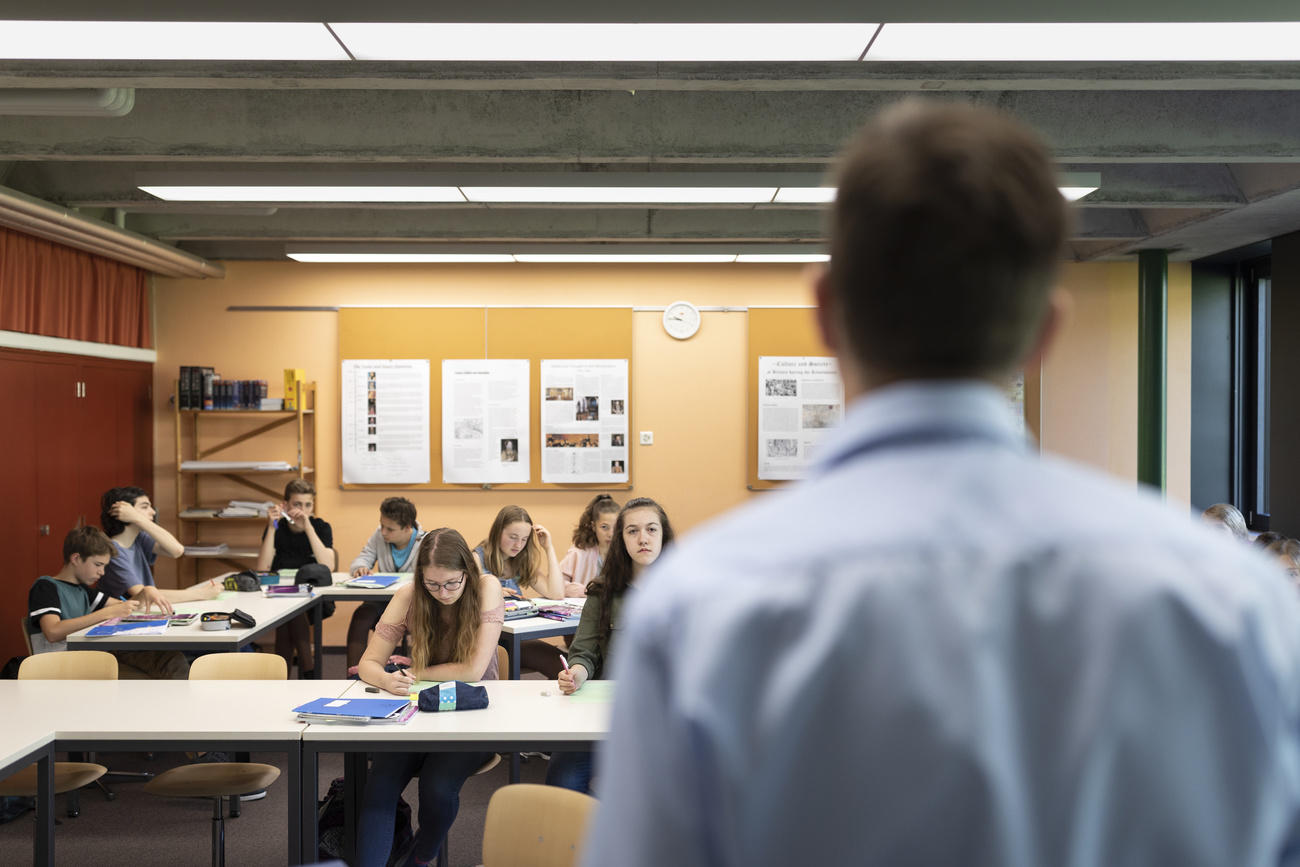
Although common in the United States and UK, you won’t find any state school rankings in Switzerland. There’s resistance, as the latest rebuff by parliament shows.
An expat arriving in Switzerland looking for league tables of its state schools will be disappointed. They simply don’t exist. There is no tradition of it in Switzerland and opposition from teachers – and some parliamentarians – is strong.
The parliamentary discussion on school rankings was prompted by a motionExternal link from parliamentarian Andrea GmürExternal link, herself a former baccalaureate school teacher of English and French, on publishing already existing data on how baccalaureate school pupils fare at university and how many drop out of school.
This information, which is not actually a ranking, is drawn up by the Federal Statistical OfficeExternal link and available to the cantons, but not the public. “I think it’s important for everybody to know this information,” Gmür, of the centre-right Christian Democrats, told swissinfo.ch. Universities, she explained, already know which schools produce the most university-ready pupils.
Rejection of rankings
But in a surprise move, the Senate rejected the motion by 30 to 10 (it had already been accepted by the House of Representatives). “We don’t want a ranking culture like in the US,” said Ruedi Noser, president of the Senate’s science, education and culture committeeExternal link, which looked into the motion in more detail.
How you are allocated a school
Primary pupils in Switzerland are allocated to a school, often the nearest, by the local education authorities. On the post-compulsory school level (post age 15/16), it’s a little different. Most pupils opt for apprenticeships, which have a good reputation in Switzerland. Only around 20% go to baccalaureate schools, the academic schools which prepare pupils for university. These have tough entry criteria, and in some cantons, exams. The choice of baccalaureate school is also often influenced by its specialisation: maths and sciences, or languages, for example.
It was argued that many factors influenced pupils’ academic success, such as parental background, or why they dropped out of school. Sometimes pupils, for example, decided to take up a job.
+See what the OECD had to say about family background and education
Gmür emphasised that she had never asked for any rankings, just a way of “achieving some measure of quality control”. She pointed out, though, that there is Swiss participation on other types of rankings, such as international ones for universities, and the OECD’s PISA testing of 15-year-old pupils around the world.
+ Read how ETH Zurich moved ahead of Cambridge in the latest QS rankings
+ PISA shows Swiss pupils to be best at maths in Europe
In May, there was even a type of Swiss “PISA” that compared maths and German levels across the cantons’ primary schools, showing gaps in maths in particular. But there wasn’t such a huge fuss over this, Gmür said. Everyone just discussed where improvements could be made. This could also be applied to baccalaureate schools.
Teachers’ associations, who were also consulted by the Senate committee, remain firmly against school rankings. “I think everybody is afraid that their school wouldn’t get the results they hope for, so it’s better to be against it than just have these statistics published,” Gmür said.
No ranking culture
The Association of Swiss Baccalaureate School TeachersExternal link was among those that gave its opinion to the committee. Its objections were that the data publication would lead to rankings, and that rankings were not always a fair or representative of the school or its pupils. In addition, comparison is hard because cantons are in charge of educational matters in Switzerland and have a lot of autonomy in this area, it said.
On the issue of why there are no rankings in Switzerland, the association’s Lucius Hartmann said in written comments that the “ranking culture in Switzerland does not (yet) have such a high importance as abroad (which is also true of areas outside schools)”.
Switzerland’s high-quality education system had been attained without rankings, because teachers (through this strong autonomy in particular) are very strongly committed to it, Hartmann added.
Gmür agrees that the Swiss education system is excellent. State schools in Switzerland are not comparable to those in the US and you don’t need to send your kids to private school in Switzerland to get on in life, she added.
“In general, in Switzerland, every school is very good, if there are differences, they are small and can be corrected; and whatever is not totally perfect, can be improved” she said.
School league tables elsewhere
In some countries, parents consult school league tables to help choose a school for their children. In England, government league tablesExternal link have been drawn up (including private schools, Northern Ireland, Wales and Scotland have separate tables). Australia also has government rankings under NAPLAN.External link In the US, parents can consult outside sources such as U.S News & World (high schoolsExternal link) or college data website Niche. Some states also offer rankings. There are also sources like https://www.greatschools.org/External link
Rankings are not without criticism: in the UK, US and Australia parents have been known to buy houses in good school catchment areas, leading to inequality in schools elsewhere.

In compliance with the JTI standards
More: SWI swissinfo.ch certified by the Journalism Trust Initiative










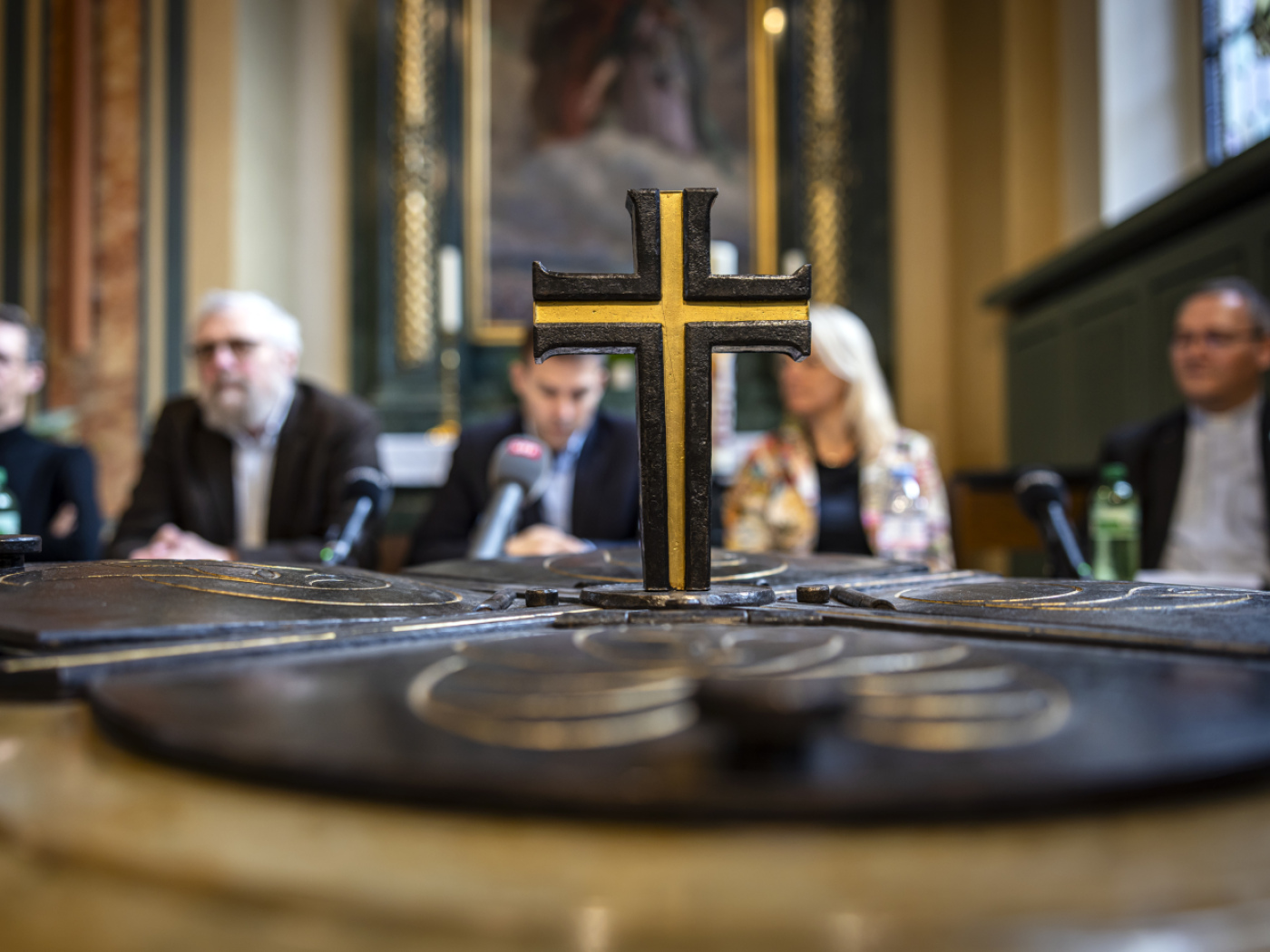





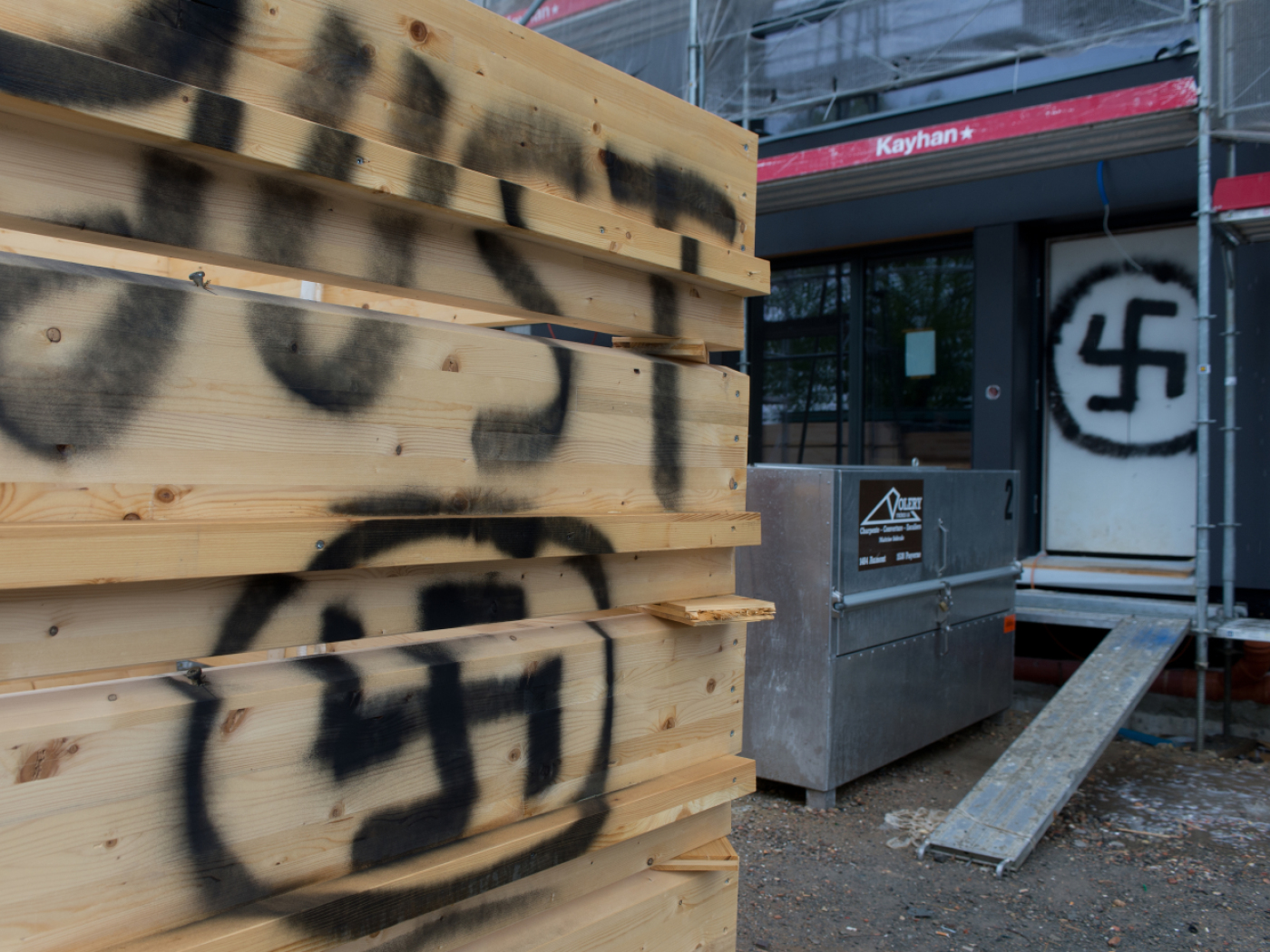
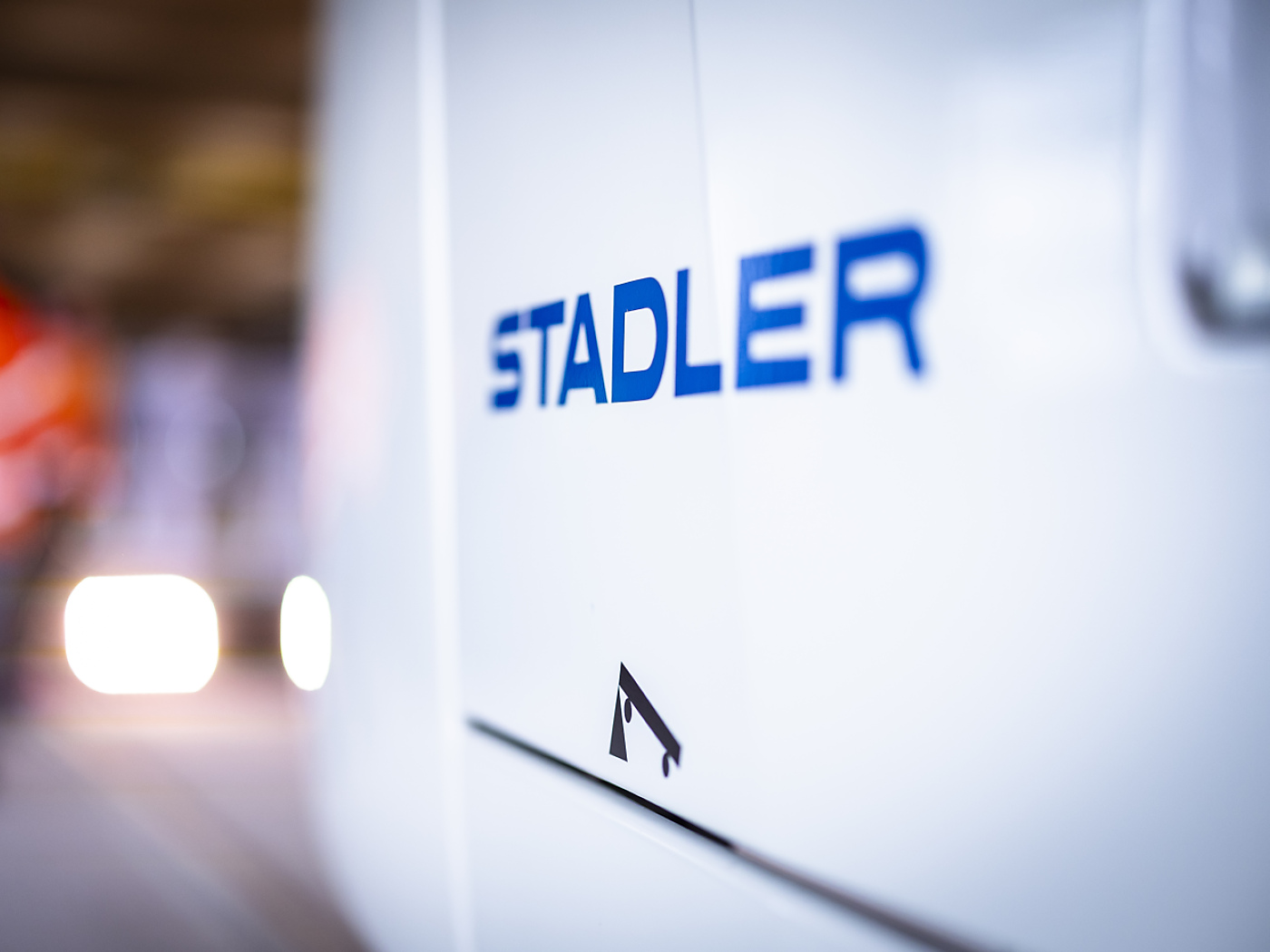
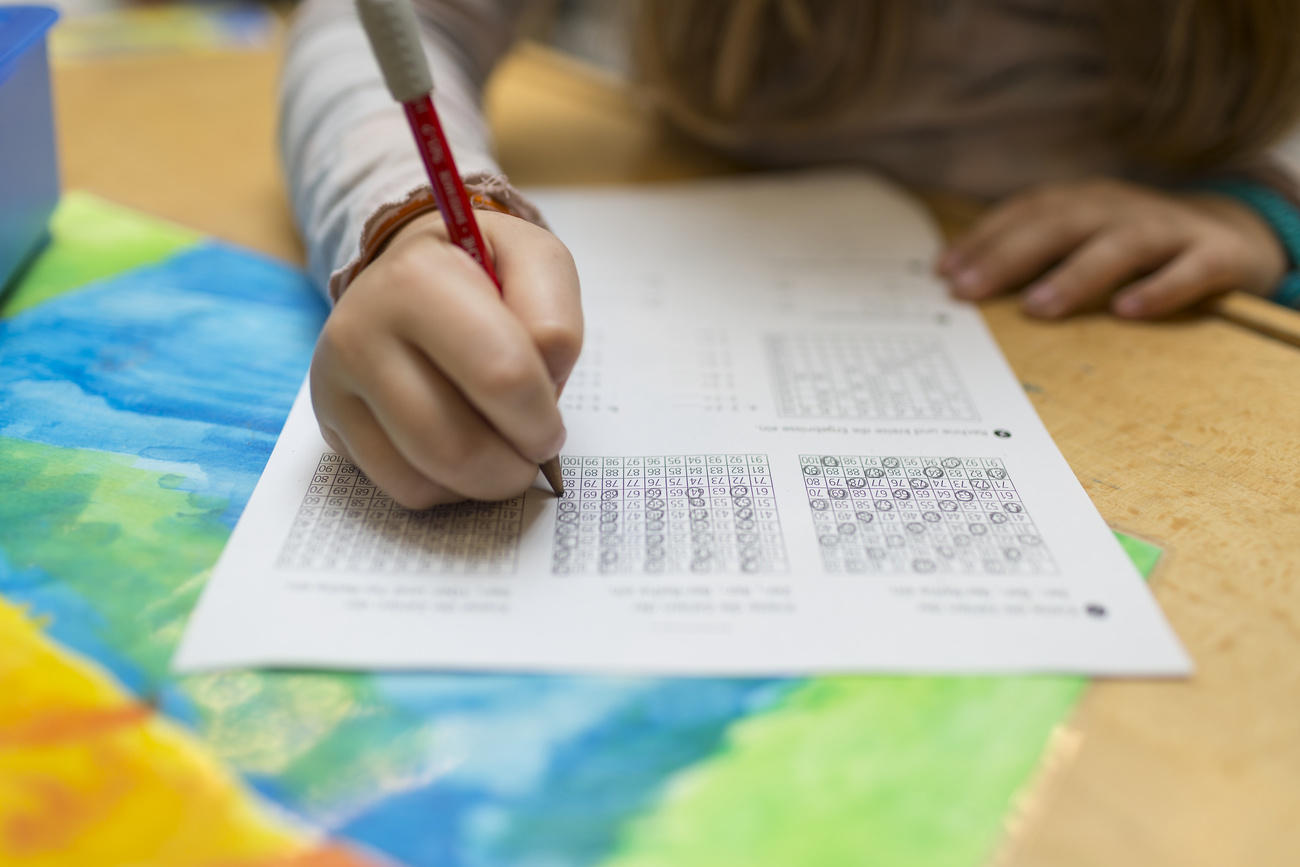
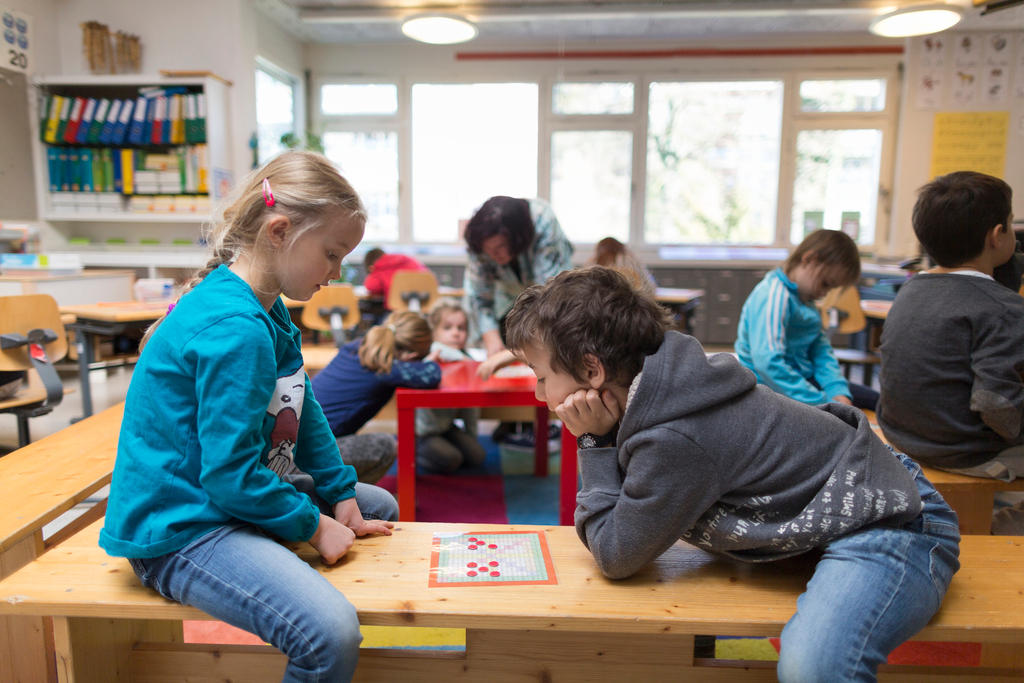
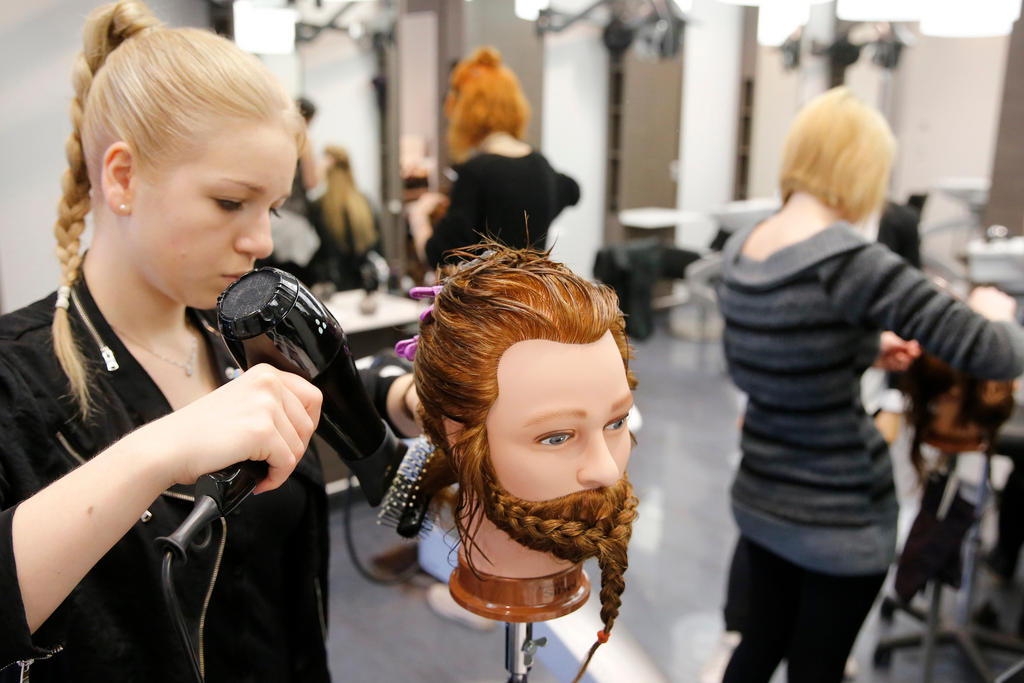
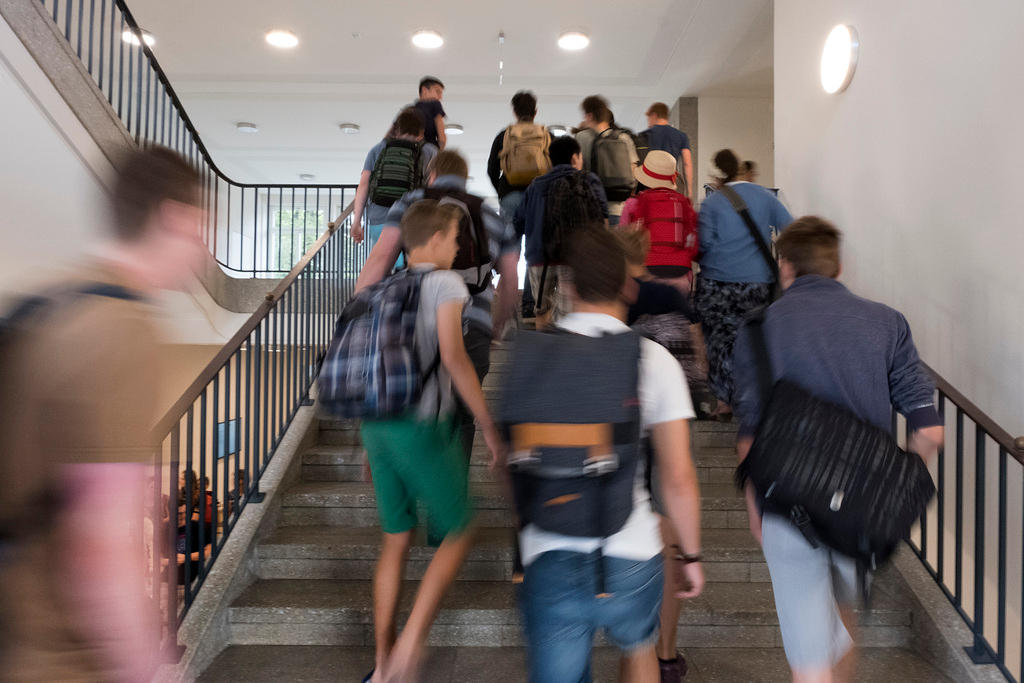
You can find an overview of ongoing debates with our journalists here . Please join us!
If you want to start a conversation about a topic raised in this article or want to report factual errors, email us at english@swissinfo.ch.